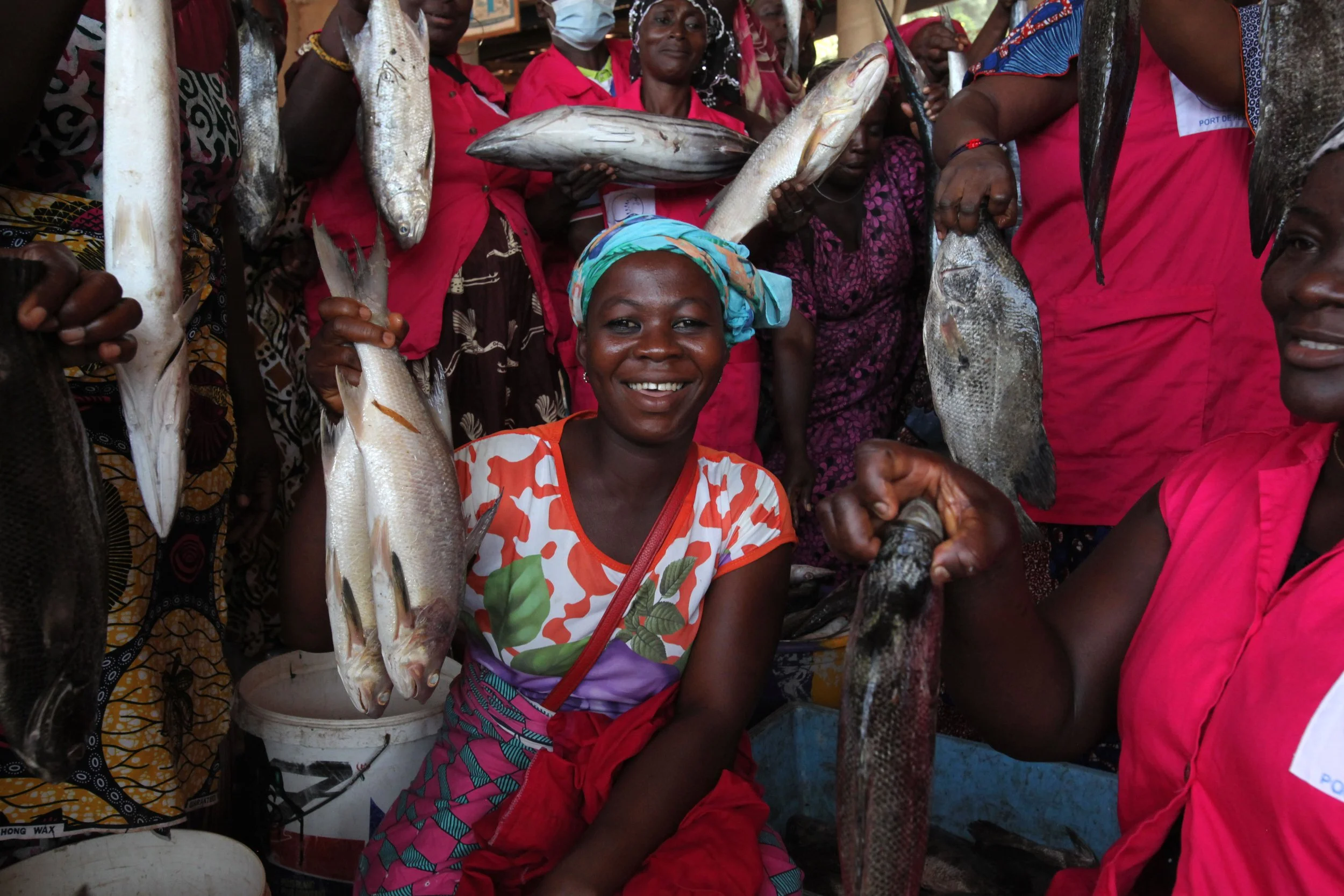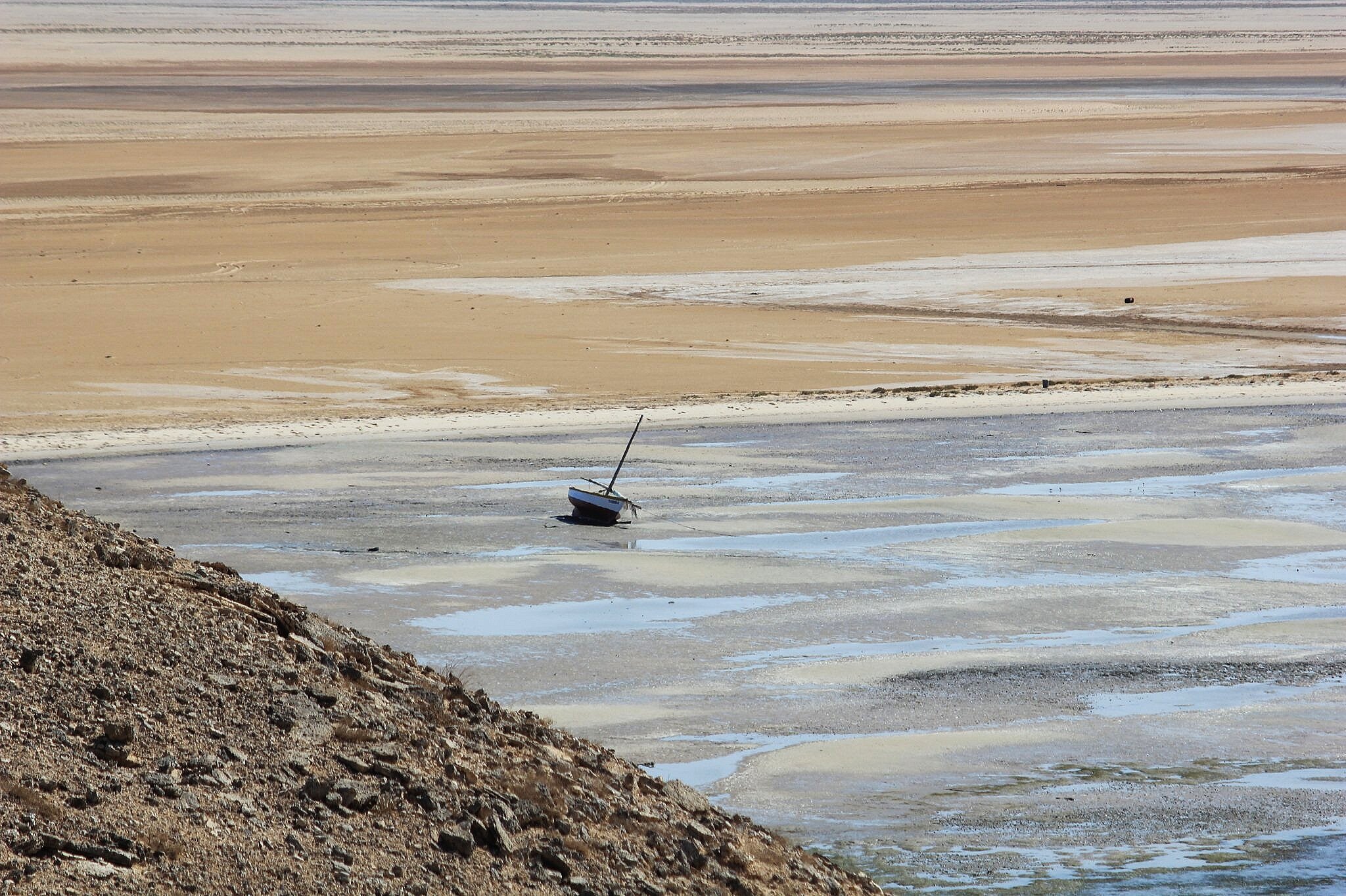The year 2022 is shaping up to be a pivotal year following its designation as the International Year of Small-scale Fisheries and Aquaculture. This article outlines our major concerns and recommendations at the end of this year.
Understanding the conservation finance industry
More aquaculture to feed the world? Not at the expense of African fishing communities
Nowadays, aquaculture provides more people with food than capture fisheries, and the tendency is growing. The accompanying demand for fishmeal and fishoil, driven mainly by China, is increasingly being covered by West African fishing. However, putting the blame for the threat to fish stocks in the region solely on China’s appetite for seafood falls a little short.
Living on the frontline: climate change will first impact African coastal fishing communities
Experimental fishing or experimental pillaging in Liberia?
Transparency: Mauritania improves its score, but is still far from the goal
Mauritania: A 40-metre seiner authorised to fish on the borders of the Banc d'Arguin
WTO fisheries subsidies negotiations: Will the mountain give birth to a mouse or to a lion?
Small-scale fisheries’ participation in decision-making is crucial for food security of African coastal communities
African and European artisanal fishers, together with their international partners, issue a joint declaration before the UN Food Systems Pre-summit underscoring their concerns about the overall process, the lack of consultation of small-scale fisheries stakeholders, and the promotion of large-scale industrial aquaculture by some of the UNFSS organisers.
"The rich man's fish feeds on the poor man's sardinella"*
In this article, the author extracts from the recent report ‘Feeding a monster: How European aquaculture and animal feed industries are stealing food from West African communities’ the main findings related to the European Union and its Members States, and looks at how some of the recommendations may be implemented in the EU.
EU-Madagascar SFPA negotiations resume: Key issues for the future of small-scale fisheries in Madagascar
The EU new approach on blue economy should recognize that artisanal fisheries are the main provider of "Ocean Livelihoods" in Africa
Food promotion policy –the EU should encourage quality over quantity seafood consumption
This article looks at the sustainability concerns of both wild-caught fisheries and industrial aquaculture and argue that the EU should not promote seafood consumption but focus on providing accurate and complete information to consumers and look into the wider environmental and social sustainability issues throughout the fish value chain.
Seychelles FITI report: Stakeholders make recommendations regarding access by fleets of foreign origin
Seychelles is the first country in the world to publish a report that assesses the compliance against the transparency requirements of the FiTI standard. The author comments on the main findings of the Multi Stakeholder Group and highlights the recommendations for foreign fleets and the importance of understanding the value of local fisheries.
Can an EU vessel fish sustainably in an IUU yellow carded country?
Key issues for EU-Mauritius SFPA negotiations: Tuna stocks sustainability, post-covid19 recovery for the local sector and transparency
African artisanal fisheries at the forefront of the fight against predatory and opaque industrial fishing companies
Cameroon IUU yellow card: The EU should also sanction European companies hiding behind this country’s flag
Ensuring Gender Equity in artisanal fisheries
Coinciding with the celebration of the International Women’s Day, and looking at the upcoming International Year of Artisanal Fisheries in a year from now, the author reviews the dedicated Gender Guide for the implementation of the Voluntary Guidelines on Small-scale Fisheries, published by FAO and ICSF in 2017.





















